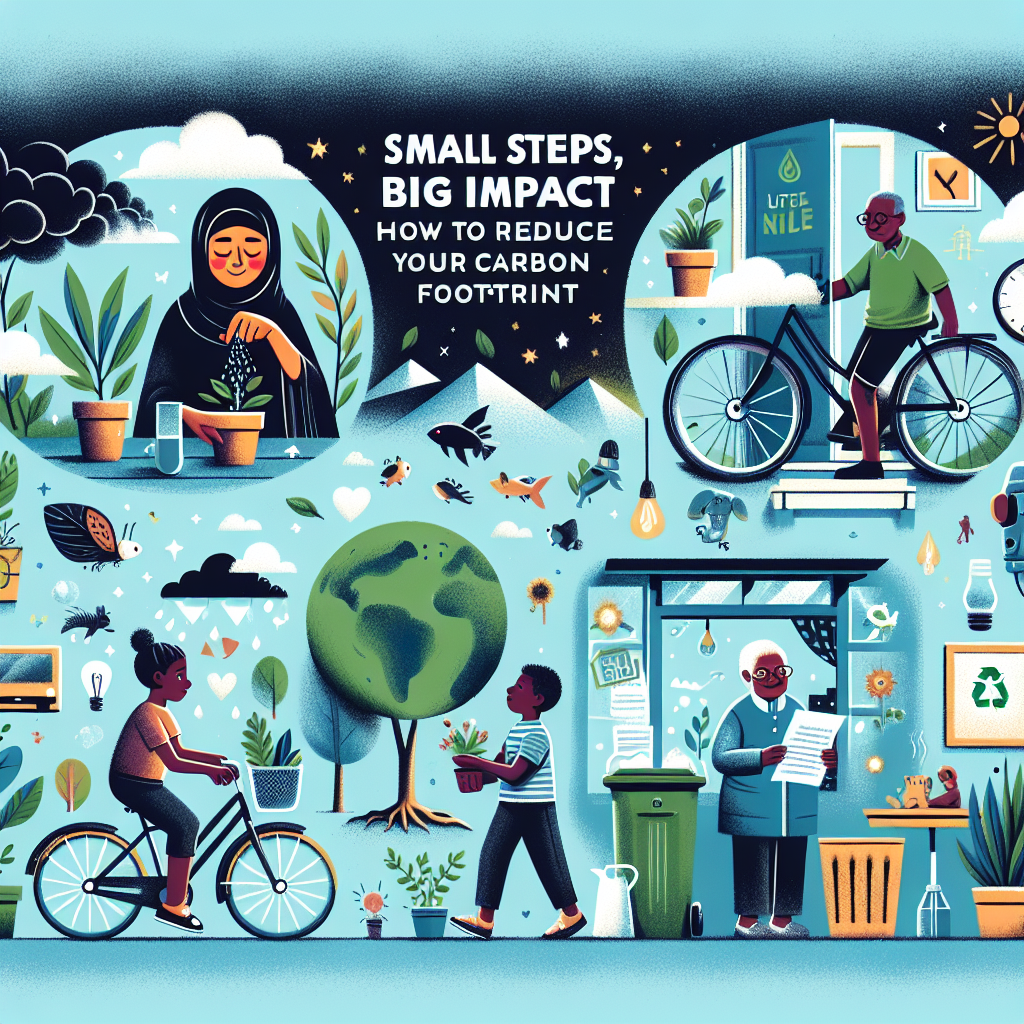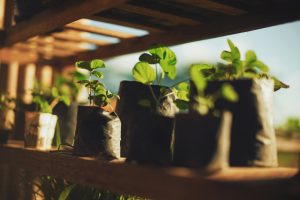Practical Tips for Going Off the Grid
Choosing to go off the grid is a significant decision that requires careful planning and preparation. For those looking to disconnect from urban life and embrace a more sustainable and self-sufficient lifestyle, there are several practical steps to consider. Here’s a guide to help you transition smoothly and effectively.
- Location Selection: The foundation of any off-grid living situation begins with selecting the right location. Consider climate, proximity to natural resources, and legal regulations. Areas with ample sunlight are ideal for solar energy systems, while regions with consistent wind can support wind turbines. Research local zoning laws to ensure you can build or modify structures as needed for off-grid living.
- Energy Sources: Reliance on renewable energy is crucial. Solar panels are the most popular choice, providing a sustainable and long-term energy solution. Invest in high-quality photovoltaic panels and batteries for energy storage to ensure power during cloudy days or at night. Additionally, consider a wind turbine if your location offers consistent wind patterns. Having a backup generator can provide additional security in unpredictable weather conditions.
- Water Supply: Securing a reliable water source is essential. Options include drilling a well, collecting rainwater, or using a nearby natural water source. If you opt for rainwater collection, install a suitable catchment and filtration system to ensure the water is potable. Wells should be strategically placed and maintained to prevent contamination. A gravity-fed system can provide consistent water pressure without relying on electricity.
- Food Production: Self-sufficiency heavily depends on growing your own food. Start by evaluating the soil quality and climate of your chosen location. Cultivate a diverse range of crops suited to your environment to avoid reliance on external food sources. Implement permaculture principles to enhance soil fertility and control pests naturally. Greenhouses can extend growing seasons and protect plants from harsh weather conditions.
- Shelter Construction: Building a sustainable home requires careful planning and resource selection. Earthships, cob houses, and timber frame homes are popular choices for off-grid structures. These designs focus on sustainability and energy efficiency. Install adequate insulation to maintain a comfortable interior temperature without excessive energy use. Choose materials that are locally sourced and have a low environmental impact.
- Waste Management: Effective waste management is crucial in maintaining a healthy living environment. Composting is an excellent method for recycling kitchen and garden waste back into nutrient-rich soil. Invest in a high-quality composting toilet to handle human waste effectively. Graywater systems can be designed to safely reuse water from sinks and showers for irrigation purposes, minimizing waste and conserving resources.
- Connectivity and Communication: Even though off-grid living often means reducing technology dependence, maintaining some level of connectivity is beneficial. Satellite internet offers a reliable connection irrespective of location. A basic communication system, such as a landline or satellite phone, ensures you can reach others in emergencies. Solar-powered charging solutions can keep essential devices operating without conventional power.
- Transportation: Off-grid living typically involves significant distances from urban centers. Evaluate whether a fuel-efficient vehicle, electric bike, or other modes of transport are practical given your location and lifestyle needs. Invest in efficient, sustainable transport options to minimize your environmental footprint and reliance on non-renewable resources.
- Financial Planning: Going off the grid can have financial implications. Initial setup costs for infrastructure like solar panels, water systems, and housing can be high. Budgeting for these expenses is crucial, as is planning for ongoing maintenance. Seek out grants or subsidies available for renewable energy installations to offset some costs. Establishing a diversified income stream, such as selling surplus produce or handmade goods, can provide financial stability.
- Skill Development: Living off-grid demands a diverse skill set. Invest time in learning essential skills like gardening, carpentry, plumbing, and basic electrical work. Workshops, online courses, and community meet-ups are valuable resources. Building these skills not only aids in self-reliance but also reduces costs associated with hiring professionals for maintenance and repairs.
Adopting an off-grid lifestyle can be incredibly rewarding, offering independence and a deeper connection with nature. By carefully planning and equipping yourself with the necessary skills and resources, you can successfully transition to a sustainable and fulfilling off-grid living experience.




